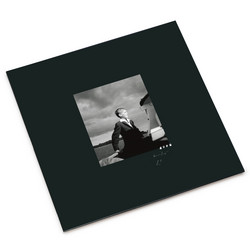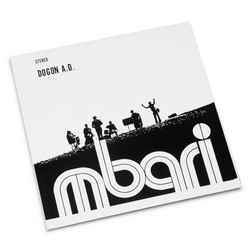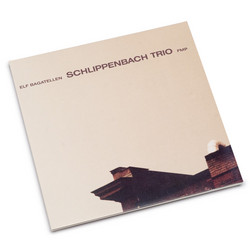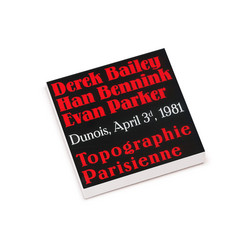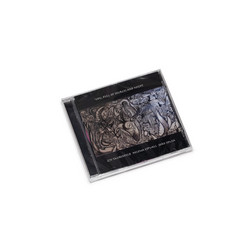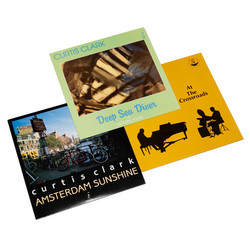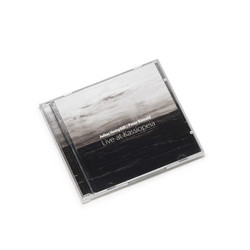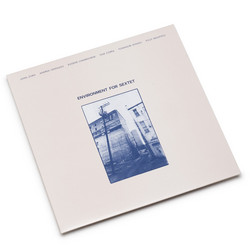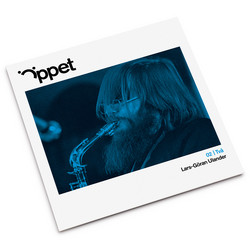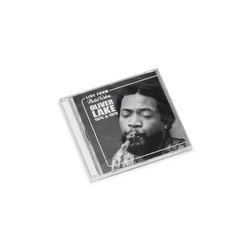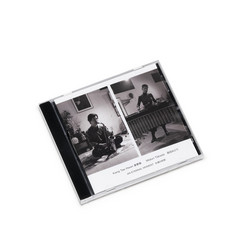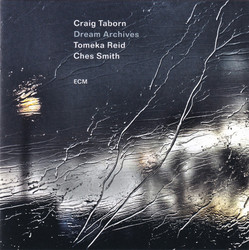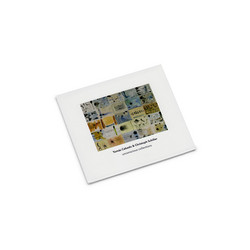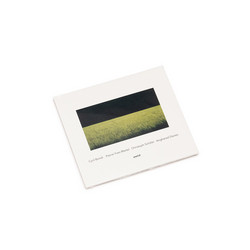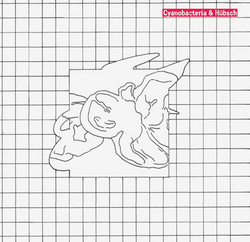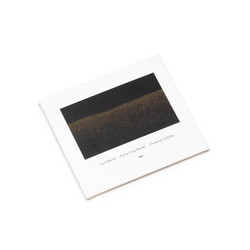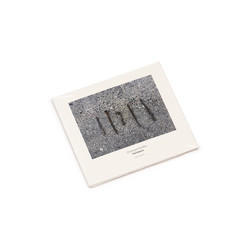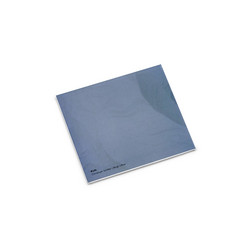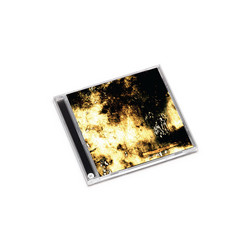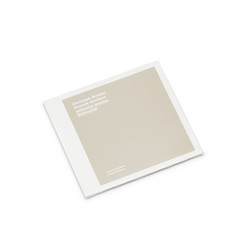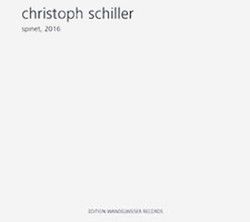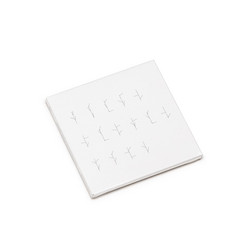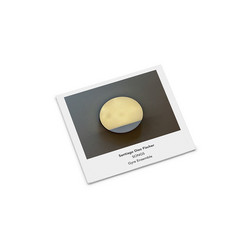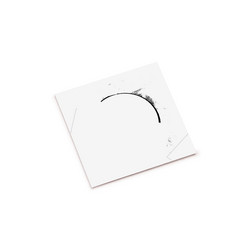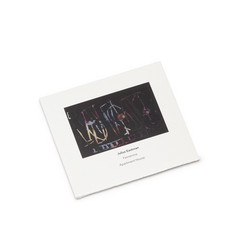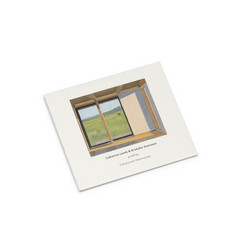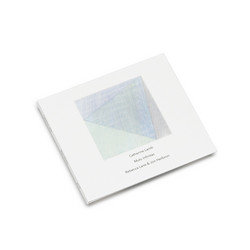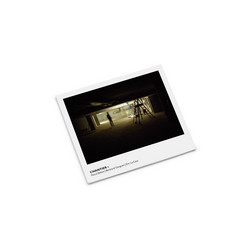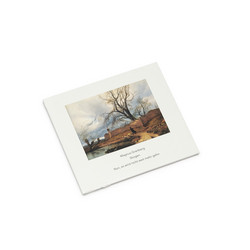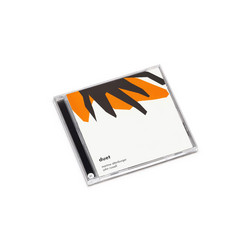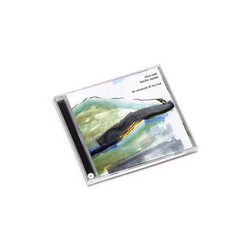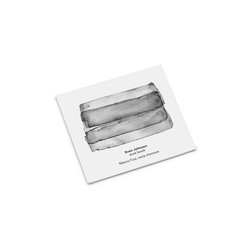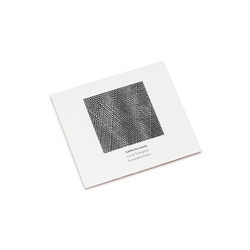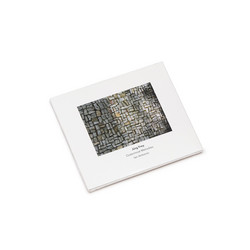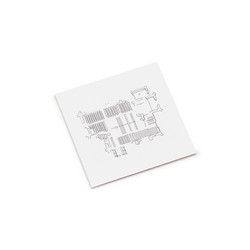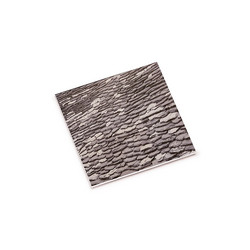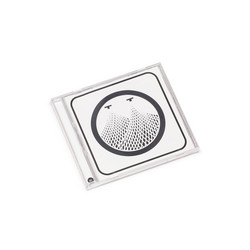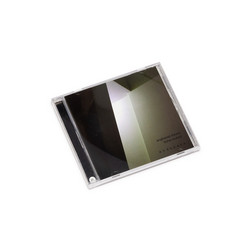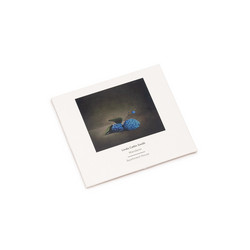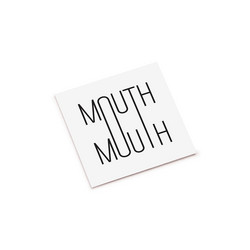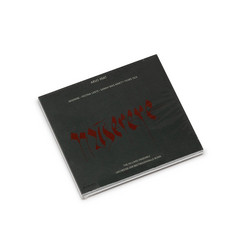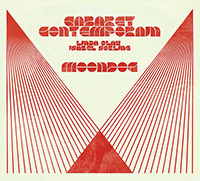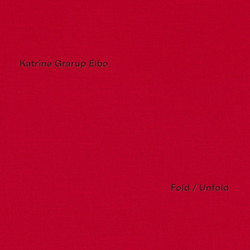An improbable yet utterly compelling duo pairing tuba and spinet – two instruments rarely heard together in musical history, brought into dialogue by German tubaist Carl Ludwig Hübsch and Swiss spinet player Christoph Schiller. Recorded in Cologne in November 2009, Giles U. documents seven pieces that explore the sonic possibilities of this unconventional combination, creating what one critic aptly described as "the kind of thing you might hear if a steampunk novel became sound."
Hübsch, a major figure in European improvised music who has collaborated with artists ranging from Arthur Blythe and Lester Bowie to Paul Lytton and Ernst Reijseger, treats the tuba as a modulator of breath and air – essentially a sophisticated megaphone. Through circular breathing and extended techniques, he produces sounds far beyond the instrument's stereotypical oom-pah range: duck-like quacks, throat-clearing honks, alp-horn echoes, tongue slaps, and subsonic drones. Schiller, based in Basel and primarily known as leader of the vocal improvisation ensemble Millefleurs, has extensively modified his spinet through preparations and electromagnetic attachments, transforming it into a semi-percussive instrument capable of typewriter clacking, detuned guitar twangs, and sustained harmonic layers.
The collaboration began during Hübsch's residency in Basel in 2008-09, when the two musicians discovered an immediate connection in their playing. Both share profound interests in electronic and contemporary composed music, and both have extended their instruments' capabilities in radical ways – Schiller pushing the spinet's typically short sustain into sound layers through preparations, Hübsch creating what he calls "mechanically generated electronic music" through circular breathing.
Jason Bivins (Paris Transatlantic) praised the duo's mastery of contrast and balance, noting how "high brass squeaks and cranky low metal strings combine fantastically," singling out track four as "a hushed drone with an ever so slightly whining violin sound. Plaintive and heartfelt." Guillaume Belhomme (Le Son du Grisli) observed that "thanks to the excellent use Schiller makes of electricity, and Hübsch's solemn repartee, Giles U. succeeds in convincing from the start to the finish of its seven movements."
A unique document of two masterful improvisers transforming their historical instruments into vehicles for contemporary sound exploration
